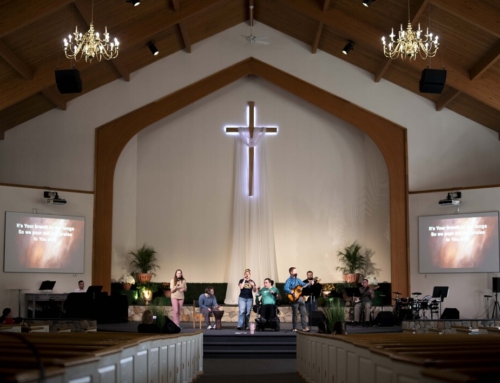God Has Entrusted Greg and His Wife with Beautiful Souls
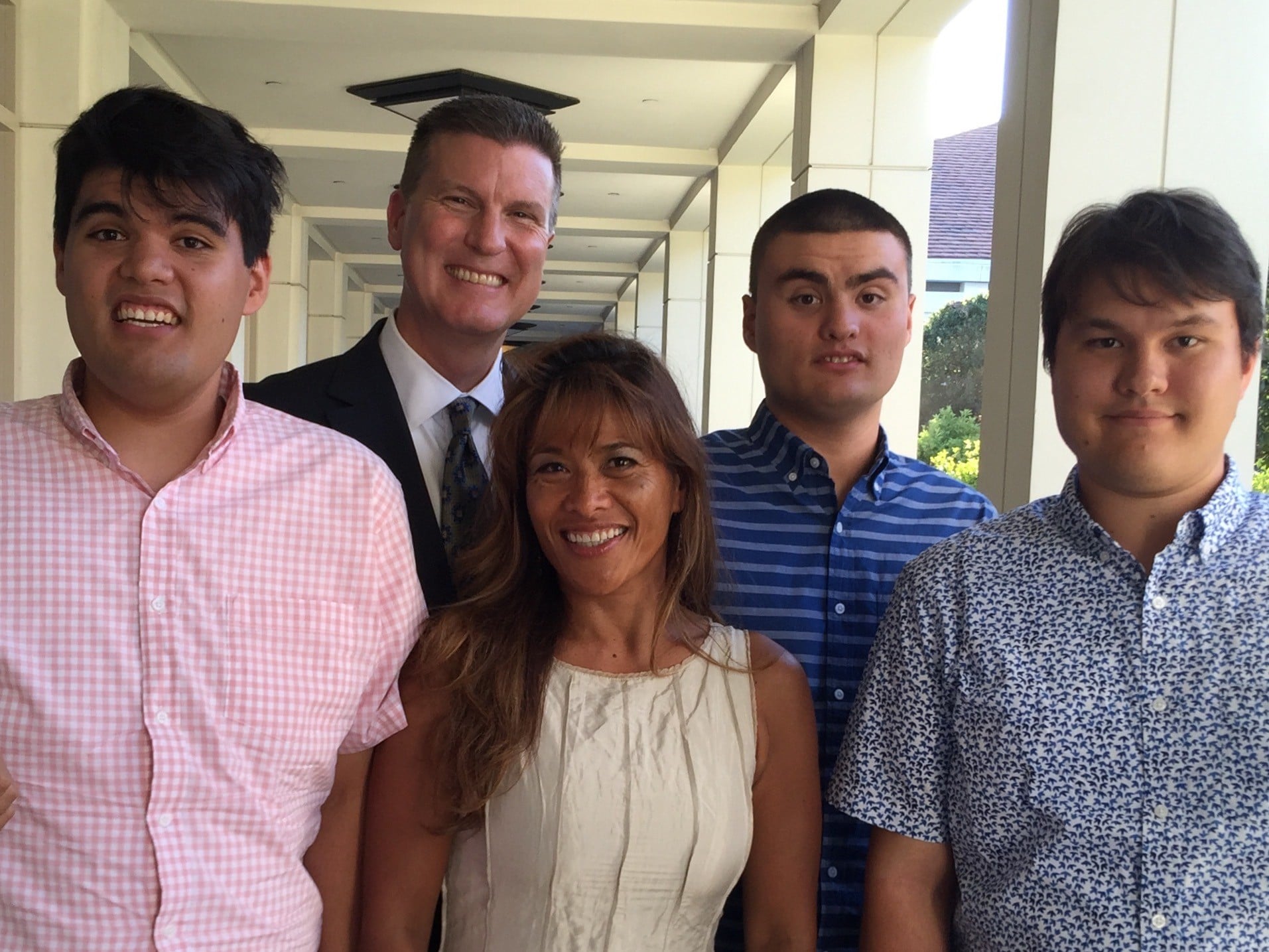
I’m the father of three sons on the autism spectrum. They range in age from 25-30, and two are nonverbal. My sons are loving, funny and smart in their own way. It just takes a little time to see that.
But when most people see my sons sitting in a room, they often walk around them instead of walking to them, like they’re lamps.
Despite the progress that has been made toward recognizing autism spectrum disorder and the wide array of symptoms and behaviors covered under that umbrella term, individuals on the spectrum experience isolation and loneliness at rates four times greater than their neurotypical peers. Research shows their sensory processing differences make the experience of isolation more intense. And contrary to a common misconception, individuals on the spectrum desire meaningful relationships.
The United States Department of Health and Human Services raised the alarm last year on the country’s epidemic of loneliness and isolation and its “devastating impact.” U.S. Surgeon General Dr. Vivek Murthy called it an “underappreciated public health crisis.”
And it’s disproportionately impacting the autism community.
At Joni and Friends, we, among other things, train and equip churches to effectively welcome and minister to families like mine. We also hold Family Retreats, camp-style family respite retreats where each individual with a disability is assigned a buddy for five days of friendship.

But families like mine need acceptance far beyond church and Family Retreat. We need acceptance in grocery stores, social groups, theaters, playgrounds, restaurants and public settings in general.
To be clear, progress is being made. Some theme parks are providing accommodations for sensory differences, clinicians are becoming more skilled at diagnosing the disorder and there has been a proliferation of youth sports leagues that are inclusive of students with disabilities and their typical peers. Events like the State Fair of Texas host disability-friendly days with extra volunteers and increased accessibility. An increasing number of churches have thriving disability ministries.
The church my family attends in Torrance includes 20 families facing challenges similar to mine. My wife and I spend considerable time mentoring younger families living with autism. I’m dedicated to this work because it’s the kind of connection and community I wish my young family had.
When my wife and I searched for a church community as young parents, we were often met with acceptance in word, but not deed. Looking back, it still hurts. Because if I could give advice to my younger self just starting out this autism journey, I would say that our family needs a community and a sense of belonging more than ever. They say it takes a village to raise a child, but when your child has autism that village shrinks when you need it the most.
The challenges, like loneliness and isolation, are universal.
So is grief. My experience of parenthood has been one of perpetual grieving. Knowing my sons’ capacity for connection, I mourn the fact that they never get invited to hang out with friends. Watching our friends become grandparents, my wife and I grieve the fact we will never have grandchildren.
But then I look at the young families in my church’s disability ministry, and I realize that, in a way, those children are my grandchildren and I can pour into their lives and their parents’ lives as though they were my own. Because that’s what I wanted someone to do for me.
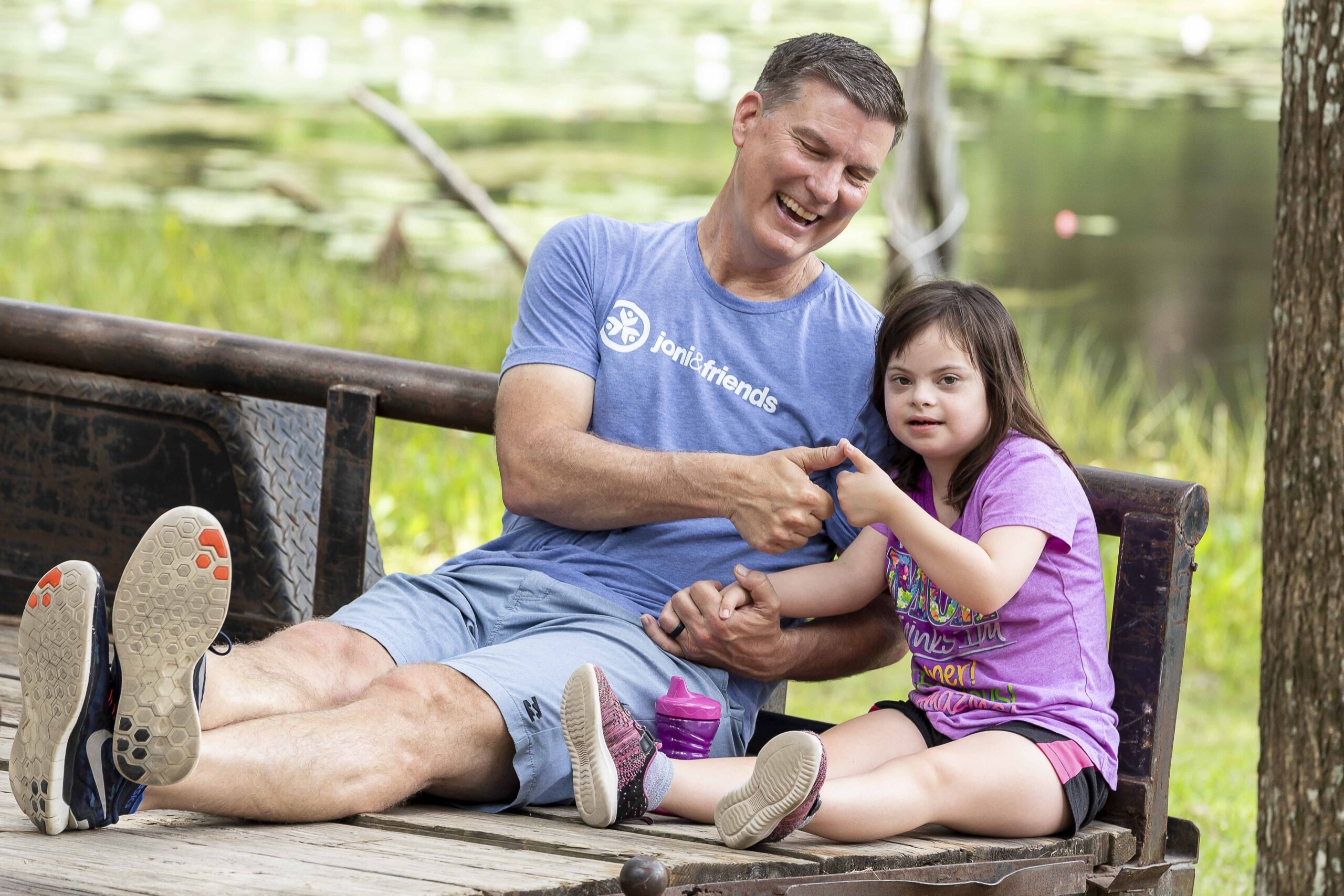
Another reason I’m so dedicated to this work is because I grew up without a father. A lot of my work counseling younger couples dealing with autism has to do with counseling husbands not to divorce their wives because life didn’t turn out the way they expected.
The epidemic of loneliness and isolation exists within marriages, too. I can say with authority to these men, “Hey, I get it.” I can also tell them with authority, “Stay.” According to the United States Department of Health and Human Services (HHS), the medicine to address the epidemic of loneliness and isolation is “hiding in plain sight: social connection.”
What can you do to help? Maybe ask a family you know living with autism if you could provide an afternoon of respite. Question whether your church, business, or organization presents any barriers to people who are neurodivergent. Or even better, invite a child with autism on a playdate. If you have questions or uncertainties about how best to interact, just ask their parents.
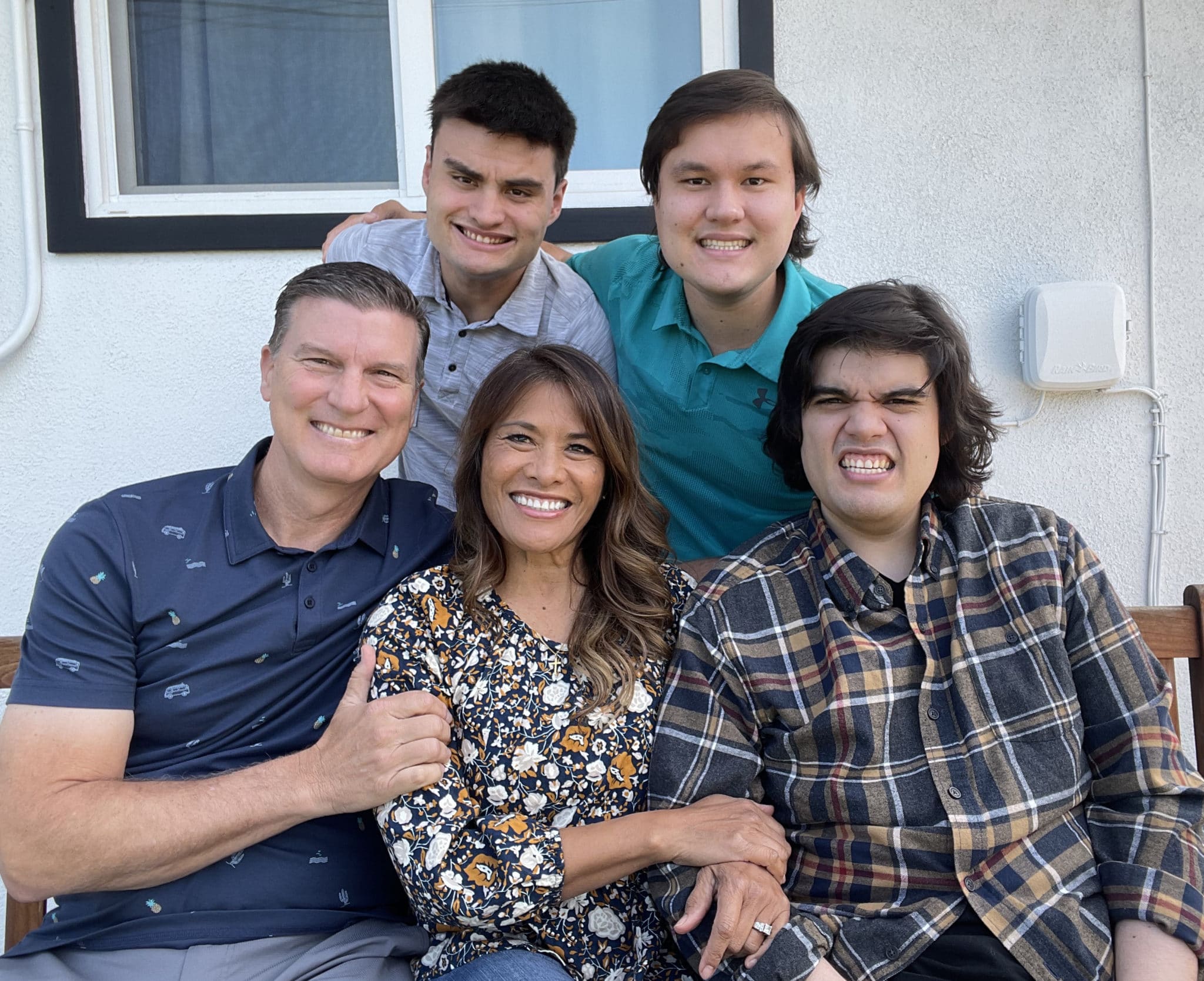
One thing I have never mourned is my children themselves. The pastor at our church says that he looks forward to seeing my sons in heaven because they will be able to speak. But when I imagine heaven with my boys, I imagine them as they are. Because to me, they’re perfect.
For all the loneliness and mental health challenges that come with autism, there are just as many joys.
That’s why when my wife and I counsel other parents who have just received a diagnosis of autism, we always say the same thing:
“Congratulations.”
Because they have been entrusted with a beautiful soul.
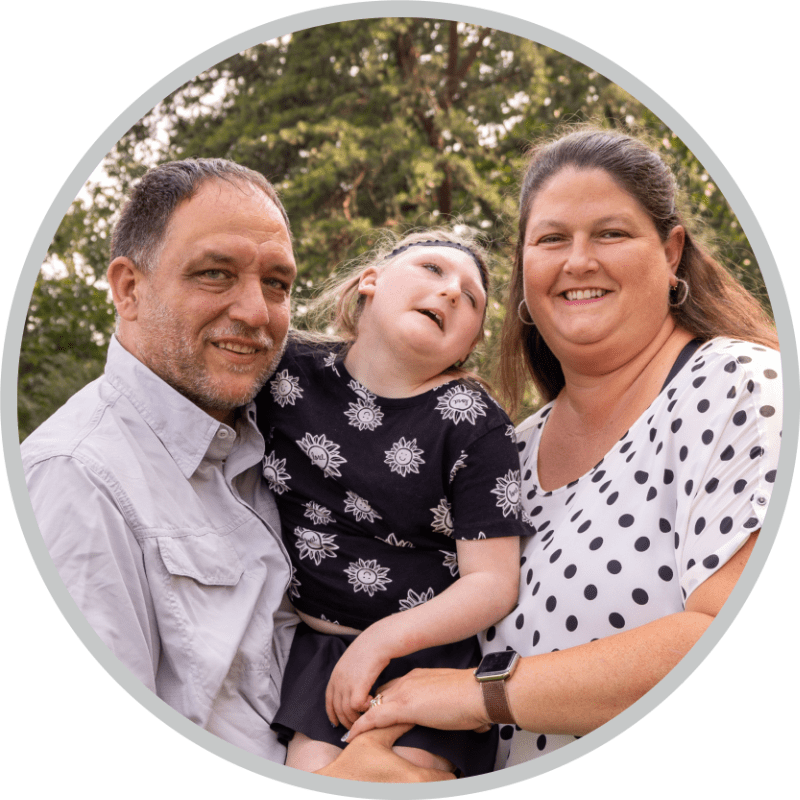
Volunteer at Family Retreat
Joni and Friends volunteers make 98% of our ministry programming happen! Join us to bring hands-on help and Gospel hope to people with disabilities, at home and across the globe. Find your opportunity to make a difference!


